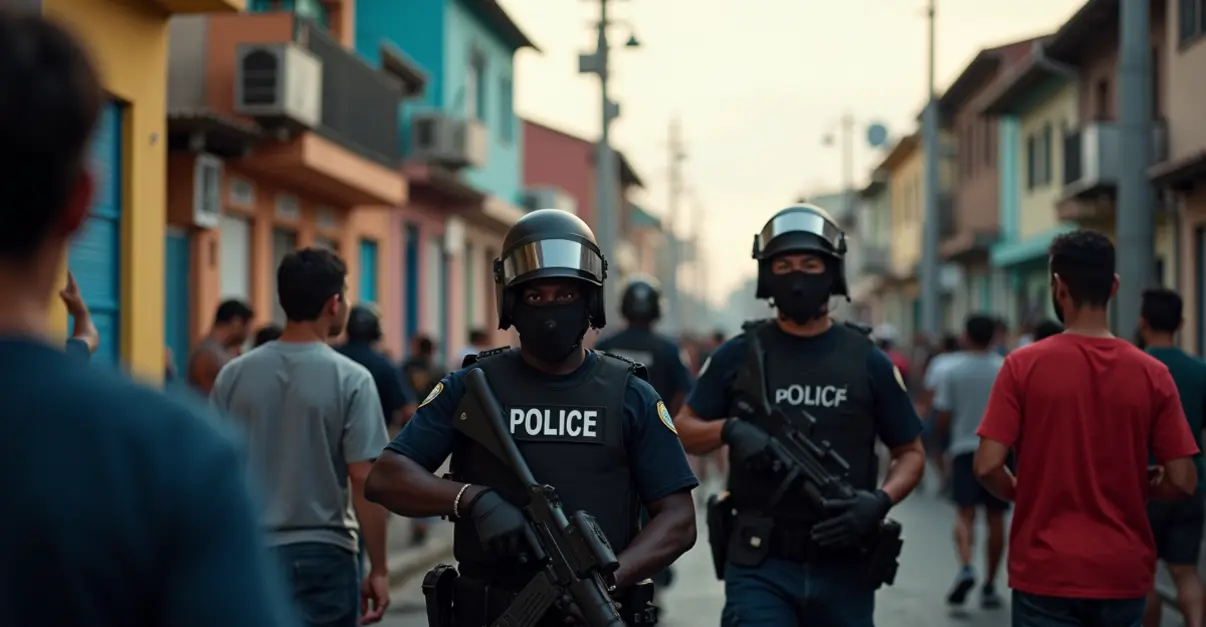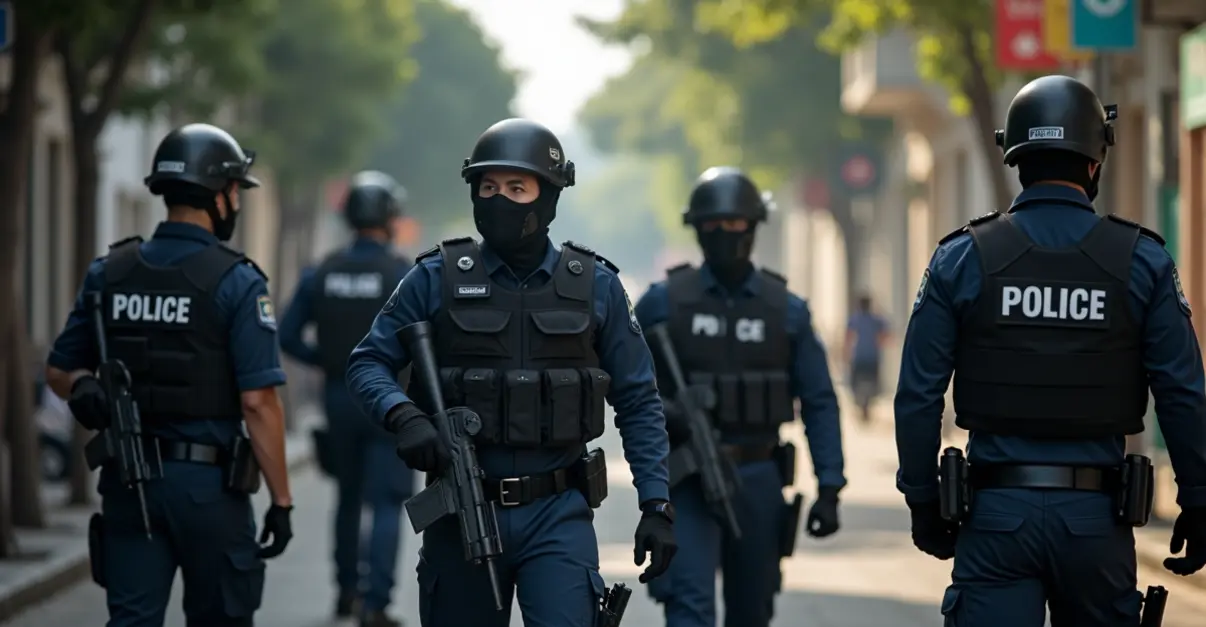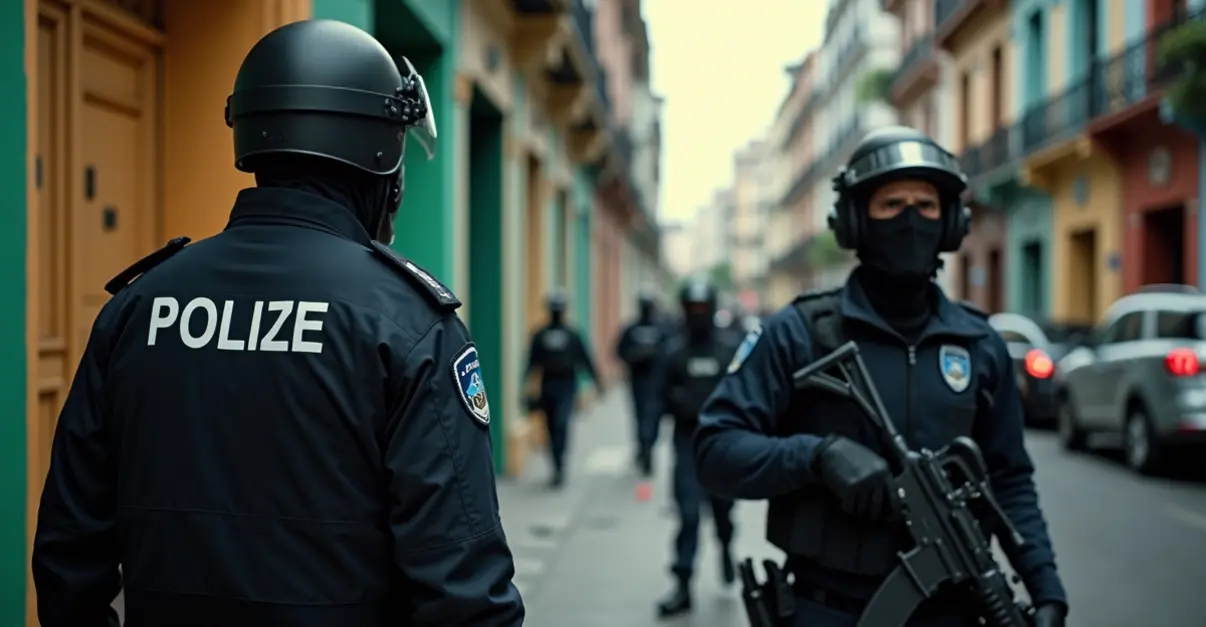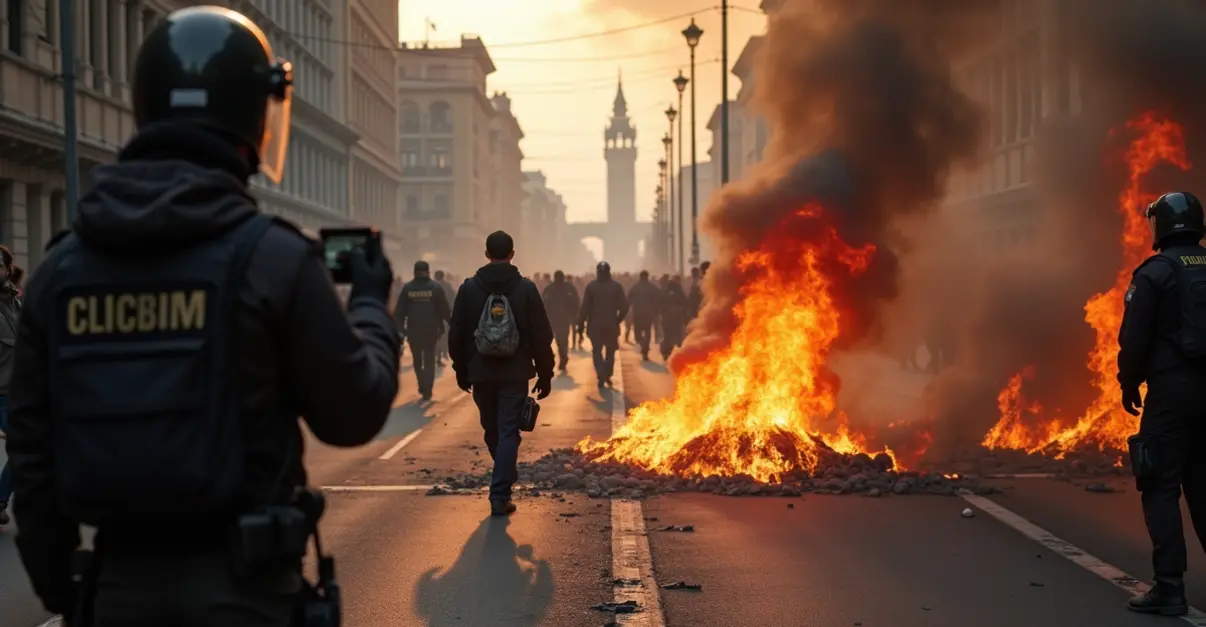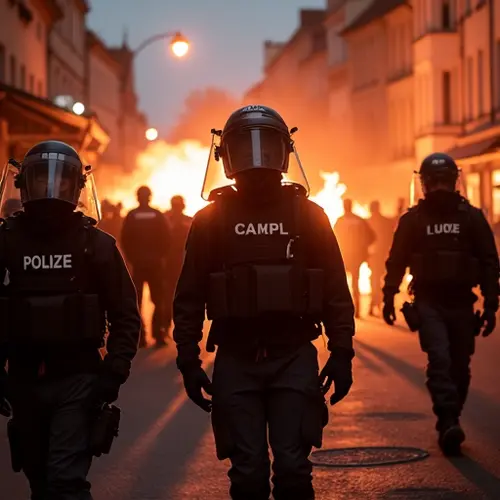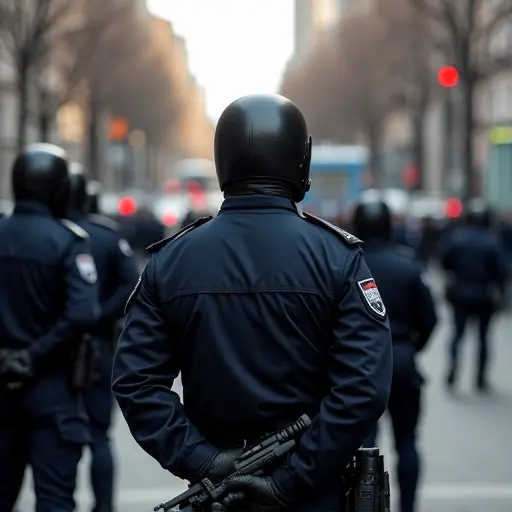Thousands Protest in Rio Following Brazil's Deadliest Police Operation
Thousands of demonstrators flooded the streets of Rio de Janeiro on Saturday in a massive protest against what human rights organizations are calling the deadliest police operation in Brazil's history. The protests erupted just days after a massive police raid on two major favelas left more than 120 people dead, sparking international condemnation and demands for accountability.
Operation Turns Favelas into 'War Zones'
The police operation, which began earlier this week in the Complexo do Alemão and Penha favelas, involved approximately 2,500 officers targeting suspected drug traffickers. According to AP News, the death toll has reached at least 121 people, making it one of the most violent police operations in Brazil's recent history.
Protesters carried signs reading 'Favela lives matter' and demanded the resignation of Rio de Janeiro Governor Castro, who defended the operation as necessary to combat what he called 'narco-terrorism'. The governor claimed all those killed were criminals who resisted arrest, but residents and human rights groups dispute this characterization.
Military-Scale Operation
The police deployment was massive in scale, involving two helicopters, thirty armored vehicles, and twelve demolition vehicles to break through barricades erected by residents. Drug traffickers reportedly used drones during the confrontation, highlighting the sophisticated nature of the conflict in Rio's favelas.
Security experts have condemned the operation as 'a useless bloodbath that does nothing to end the drug problem in Rio'. The operation particularly affected young Black men, raising concerns about racial profiling and excessive force in marginalized communities.
Human Rights Organizations Demand Investigation
Multiple human rights organizations, including Amnesty International Brazil and the United Nations, have called for immediate investigations into the operation. 'We are all defeated,' said the director of Amnesty International Brazil. 'It is so sad to see what is happening in these communities. It is terrible that these people have to go through this.'
The Brazilian public defender's office has reported an even higher death toll of 130 people and has requested access to forensic evidence to conduct an independent investigation. The operation disrupted daily life throughout the affected communities, forcing schools and universities to close and leaving families traumatized by the violence.
Community Impact and Political Fallout
The streets were filled with residents, activists, and mothers who lost sons in this and previous police operations against drug trafficking. The emotional impact was captured by Grasiele Fernandes do Carmo, whose 22-year-old brother was killed in the operation. She described her brother as a high school graduate with a formal job, stating that police 'destroyed him' and 'ruined our family'.
The incident has sparked national political debate, with President Lula recently signing new legislation to strengthen the fight against organized crime. However, critics argue that such heavy-handed police tactics only perpetuate cycles of violence in Brazil's poorest communities.
The protests in Rio represent growing frustration with security policies that residents say transform their neighborhoods from 'working-class residential areas into war zones'. As the international community watches, pressure mounts for comprehensive police reform and accountability measures in Brazil.

 Nederlands
Nederlands
 English
English
 Deutsch
Deutsch
 Français
Français
 Español
Español
 Português
Português
